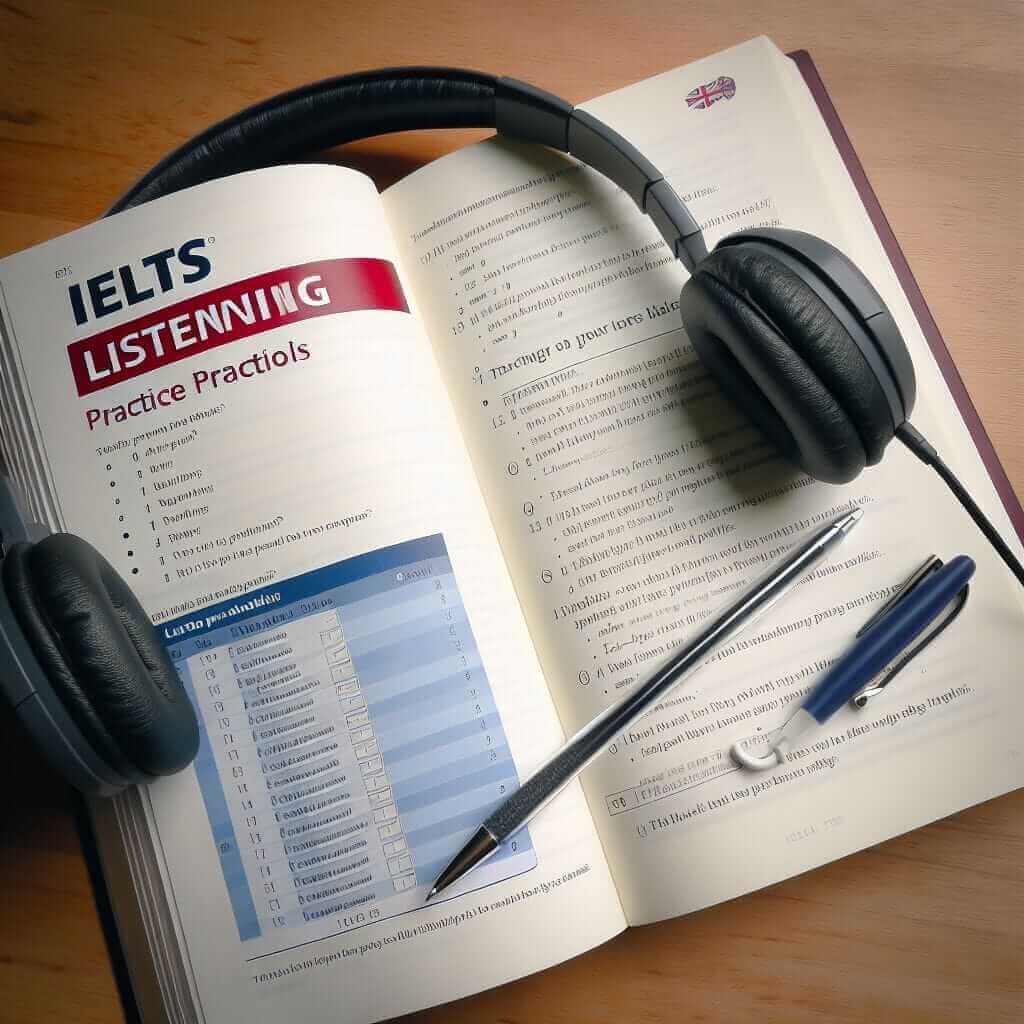As an IELTS instructor with over two decades of experience, I’ve witnessed countless students grapple with the Listening section. It’s no walk in the park, demanding acute attention, vocabulary prowess, and a strategic approach. But fret not! This guide is tailored to equip you with the knowledge and techniques to significantly enhance your listening skills and conquer this IELTS hurdle.
Table Of Contents
Understanding the IELTS Listening Test
The IELTS Listening test is structured to assess your ability to comprehend spoken English in various contexts. It comprises four sections, each with ten questions, and you’ll encounter a range of accents and speaking styles. The difficulty gradually increases, challenging your ability to understand main ideas, specific details, opinions, and the speaker’s attitude.
Effective Strategies to Boost Your Listening Score
1. Immerse Yourself in English Audio
The key to mastering any language is consistent exposure. Dedicate time daily to engage with English audio:
- Podcasts: Explore topics you find engaging, from science and history to comedy and current events.
- Audiobooks: Immerse yourself in stories while improving your listening comprehension.
- News Channels: Tune in to reputable news outlets like BBC or CNN to familiarize yourself with different accents and reporting styles.
- Movies and TV Shows: Opt for English subtitles initially, gradually progressing to relying solely on audio.
2. Active Listening is Paramount
Passive listening won’t suffice for the IELTS. Train yourself to listen actively:
- Focus: Eliminate distractions and concentrate solely on the audio.
- Keywords: Identify and jot down keywords as you listen. These will act as memory triggers.
- Anticipate: Before each section starts, quickly skim the questions to anticipate what information you need to listen for.
- Don’t Dwell on Missed Words: If you miss a word or phrase, don’t panic! Move on and focus on the overall context.
3. Hone Your Vocabulary
A robust vocabulary is crucial for understanding nuanced meanings.
- Learn in Context: Instead of rote memorization, learn new words within sentences or phrases to grasp their usage.
- Use a Thesaurus: Expand your vocabulary by exploring synonyms and antonyms.
- Note Down Unfamiliar Words: While listening, note down any words you don’t understand and look them up later.
4. Practice with IELTS Listening Tests
Familiarize yourself with the test format and question types:
- Official IELTS Practice Materials: Utilize official Cambridge IELTS books and online resources.
- Analyze Your Mistakes: After each practice test, carefully review your answers, identify areas for improvement, and understand why you made certain errors.

Tips from the Trenches
Drawing upon my extensive experience, here are some invaluable tips:
- Manage Your Time Wisely: You have a short amount of time to read questions before each section. Use it efficiently.
- Multi-Tasking is Key: You’ll need to read questions, listen to the audio, and write answers simultaneously. Practice this skill.
- Spelling Counts: Incorrectly spelled answers are marked as wrong. Pay close attention to spelling.
- Don’t Leave Answers Blank: If you’re unsure of an answer, make an educated guess. You have nothing to lose.
Conclusion
Improving your IELTS listening skills is an attainable goal with consistent effort and the right approach. Remember, practice makes perfect! Implement the strategies outlined in this guide, immerse yourself in the English language, and success will be within your reach. Good luck!